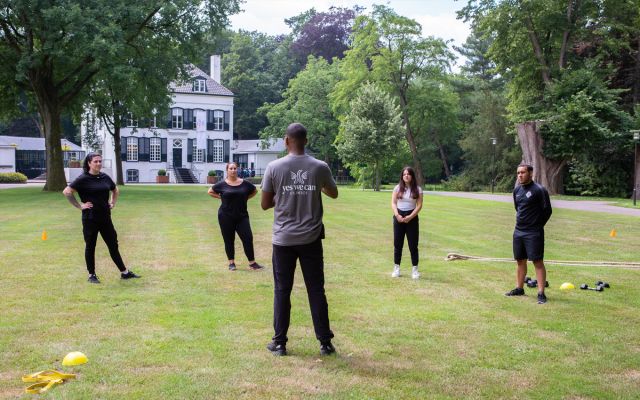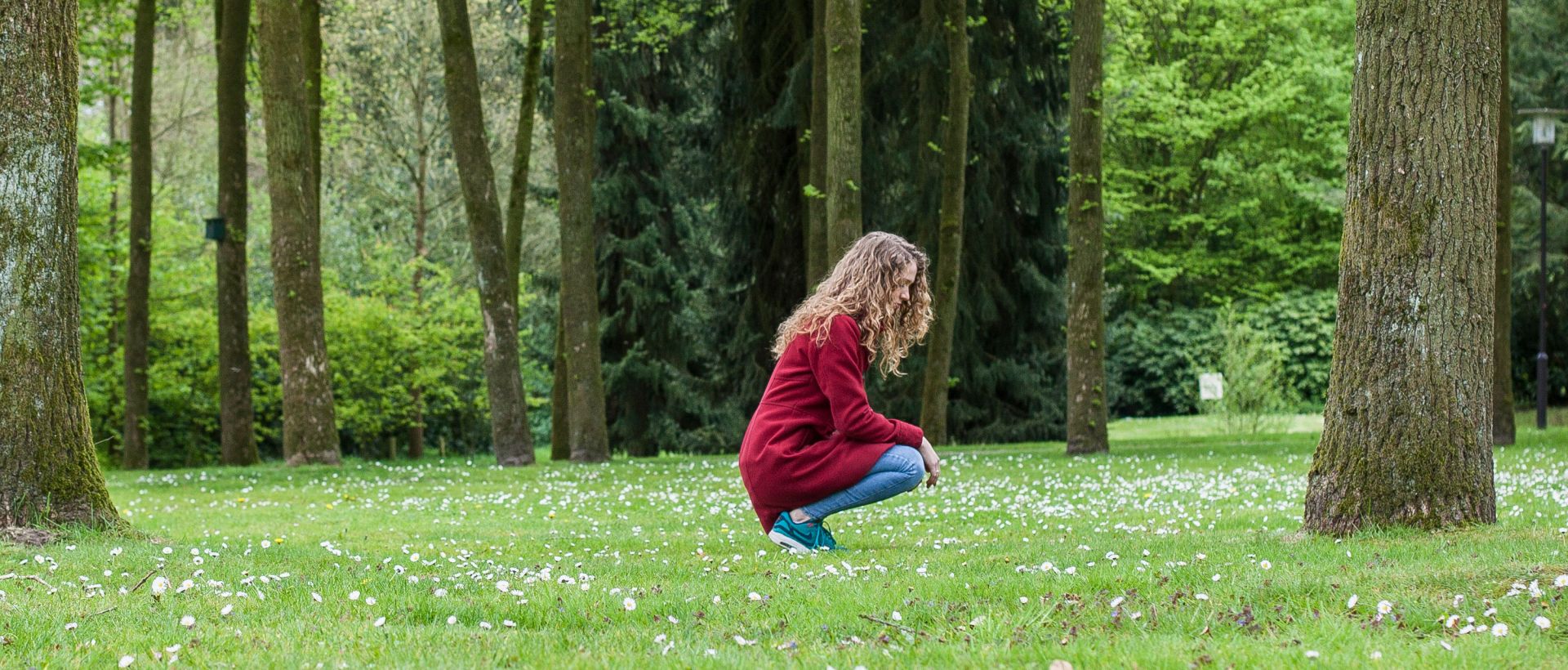Social media addiction is a growing problem. More and more young people with this addiction are treated in clinics. The addictive aspect of social networking is associated with FOMO — fear of missing out. Everyone is on TikTok, Instagram or Snapchat. They’re posting things, sharing news and content and talking to each other 24/7.
Spending too much time on social networks could create a false self-image, false sense of reality, false sense of security, and false sense of friendship. What does a like on Facebook or TikTok really mean? What if specific posts on Instagram are not liked at all or WhatsApp or Snapchat messages are not responded to within a particular period? Anxiety and stress might be the only reward.
Is my child addicted to social media?
Social media are very addictive. A young person is suffering from a social media addiction when they feel a compulsion to spend time online and fails to reduce this, even if they experience first-hand that time spent online leads to problems, such as broken friendships, poor school results or severe fatigue. Instead of decreasing, the youngster will increase online time even more. Aggressive behaviour can be displayed when limiting access or even removing tablets or phones.

How to recognise social media addiction
Some of the symptoms:
- Having difficulty putting the tablet or phone away during a meal. Food is eaten when chatting or scrolling through social media pages.
- Daily life, such as social contacts, work or study, all have to make way for being online.
- Daily tasks and activities are rushed because the youngster wants to sit at the computer or phone as soon as possible.
- Ultimately, sleep will give way to being online.
- Sometimes, young people do not recognise their addiction simply because they repress it.
- Care and personal hygiene can (strongly) decline or even be exaggerated (modelling to peers).
As a young person, one should pay attention to the following signals:
- Do you need to check your phone for messages constantly?
- Do you feel uncomfortable if you can’t?
- Are you mindfully busy with your online posts, even if you are inactive?
- Does time spent on social media lead to conflicts with parents, friends and yourself and interfere with other activities such as work, school and hobbies?
- Do you want to use social media less, but are you unable to?
The risks of social media addictions
- Loneliness
- Shortage of sleep
- Social fear
- Fights
- Negative self-image
- Aggression
- Depression
- Run away from reality
- Poor work/school results
- Not taking care of yourself/bad hygiene
School:
- Call in sick
- Absence
- Not doing any homework
- No energy to study
- Going to bed too late
Social life:
- Hardly any friends, except online
- Fights with parents
- Stop sports or all other hobbies
- Isolation

Treatment of a social media addiction
At Yes We Can Youth Clinics, we help teenagers and young adults overcome their social media addiction and live and function in society pleasantly. We help young people with an addiction to slowly demolish the wall they have built around themselves, leave their destructive life behind them forever and face a bright future. Yes, We Can Youth Clinics strives to reduce any medication that the teenager or young adult already receives to zero or as little as possible during the treatment. This happens under the watchful eyes of our psychiatrists.
Recognition
An essential part of the treatment takes place in groups. During group sessions led by an expert-by-experience counsellor, the fellows share their stories, give each other feedback and set personal goals. There is a lot of recognition during these sessions since both the fellows and the expert-by-experience counsellors have (had) similar problems. This recognition gives the fellows confidence and the will to continue.
Types of treatment
During the treatment, a lot of attention is focused on the fellow's family (systemic therapy). Parents follow our family coaching and counselling programme. The clinic has daily sports and outdoor activities where fellows work together, push boundaries and put their goals into practice.
Behavioural therapy and skills training are also used in the treatment of addictions. The fellows have several weekly one-on-one sessions with their regular therapist, who works closely with our other (care) professionals. This way, we always know how the fellows are doing and what they need.
The fellows have several weekly one-on-one sessions with their regular therapist, who works closely with our other (care) professionals. This way, we always know how the fellows are doing and what they need.
Contact us
Yes We Can Youth Clinics can effectively treat teenagers and young adults who are suffering from a wide variety of mental health issues. If you have any questions, any at all, you can always contact us. We cannot stress enough that we are always there for you, whether you sign up for a treatment in our clinic or not.
You can reach us by phone from Monday to Friday from 9:00 a.m. to 10:00 p.m. and on Saturday and Sunday from 10:00 a.m. to 4:00 p.m. (GMT +1) via phone number: +31 (0)85 02 01 222. After business hours – weekdays after 6:00 p.m. and on the weekends – your call will be forwarded. Please note that it might take longer than usual to answer your call. If we cannot answer the call right away, please leave a message and we will call you back as soon as possible. You can also fill in our contact form.
Register for an intake interview
Would you like to register a teenager or young adult (aged 13-25) for a treatment at Yes We Can Youth Clinics? Please fill in our intake form and we will contact you to schedule a personal intake interview.
Contact us
